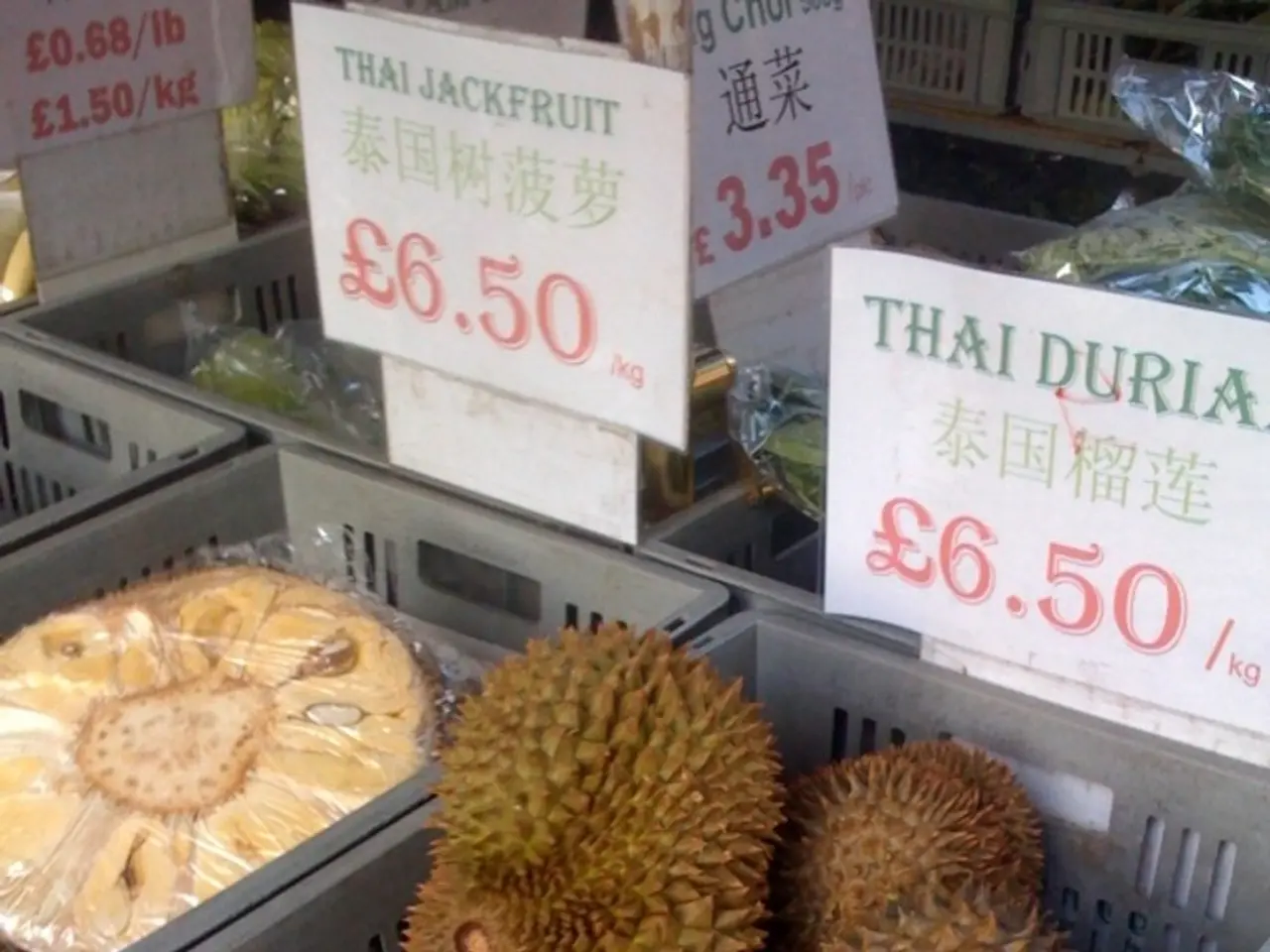Brazilian tax policies obstructing Temu's growth in the LATAM region
In a move aimed at boosting domestic sales and revenue, the Brazilian government has approved a proposal to impose a 20% tariff on goods purchased from overseas platforms valued at less than USD 50. This decision, which took effect immediately after the Brazilian Senate's approval, also applies to goods that have already been shipped but not yet arrived in Brazil.
The announcement comes after Brazil's finance minister Fernando Haddad announced in April that the government would end tax exemptions for cross-border goods valued at less than USD 50. This policy shift is part of a global trend towards reducing tax exemptions for small purchases.
Chinese products remain highly favoured by Latin American consumers, accounting for as much as 62% of cross-border goods. However, the new tariff is expected to impact the affordability of these products, potentially shifting consumer preferences towards locally produced goods.
Despite the new tariff, convenience, affordability, and speed remain important factors in Latin American consumers' online shopping decisions. This is evident in the relatively low return rate of e-commerce purchases in Latin America, with Brazil's return rate being only 31%.
The median price of various categories in Latin America is concentrated between USD 30-40, with the median price of the top 1,000 products being USD 32.17. This suggests that while the new tariff may impact the affordability of some goods, it may not significantly affect the majority of purchases.
The implementation of this tariff comes at a time when the Latin American e-commerce market is expected to exceed USD 509 billion in value in 2023, with a CAGR of 23% through 2026. Notably, the performance growth of e-commerce platform Mercado Libre is significant, with a year-on-year increase of 42% in revenue and 29% in GMV in the fourth quarter of 2023.
Interestingly, in mid-May, it was reported that Temu, a global e-commerce platform, had been certified under a Brazilian tax benefit program, exempting goods valued at less than USD 50 from import duties. However, by the time Temu officially launched its Brazil site on June 8, marking its 70th international site, the tax benefit was no longer valid.
Despite the inconsistent attitude towards this tax exemption policy, the Brazilian government's decision to impose a 20% tariff on cross-border goods valued under USD 50 is a significant development in the country's e-commerce landscape. It remains to be seen how this policy will impact consumer behaviour and the overall growth of the Latin American e-commerce market.
Read also:
- Lu Shiow-yen's Challenging Position as Chair of the Chinese Nationalist Party (KMT) Under Scrutiny in Donovan's Analysis
- Tough choices on August 13, 2025 for those born under Aquarius? Consider the advantages and disadvantages to gain guidance
- Microbiome's Impact on Emotional States, Judgement, and Mental Health Conditions
- Restaurant staff allegedly requires Minnesota teenager to validate her gender for bathroom access.







